MINI has revealed a new concept car, the Vision Urbanaut, which previews how a new model from the brand could look in 2030. The concept is fully electric, incorporates autonomous technology and shows how MINI can maximise interior space for compact cars.
The look of the Urbanuat is unlike anything we’ve previously seen from MINI. It’s a little longer than today’s Countryman crossover but significantly taller, and almost MPV-like in its proportions. But there are familiar design cues, such as digital interpretations of MINI’s headlights and grille combination on the front end.
MINI’s head of design, Oliver Helimer, was keen to put distance between the Urbanaut and traditional MPVs, which have fallen out of favour with buyers.
“From a personal point of view an MPV would be perfect for me,” Helimer told Auto Express. “But there is no way I’m getting into something like this - that’s where we as MINI see an opportunity to get into an area where there is nothing.
“Directly compared, the Urbanaut is far away from this classical MPV. It’s a room-space concept - the arrangement of the interior is entirely different. We are providing a cool answer to the needs of space. It’s modern interpretation.”
MINI bosses are seriously considering putting the Urbanaut into production, but such a model wouldn’t appear in showrooms before 2030. “The Urbanaut is meant to serve as a long-term perspective for where mobility is going, and how we address the needs or our urban customers in a car”, Bernd Kober, head of MINI told us.
The interior of the Urbanaut is the car’s partypiece. All passengers enter and exit via the full-length sliding door on the passenger’s side; when the car is stationary the interior is designed to feel and look like a lounge, with two front seats that rotate 180 degrees, a fixed table and a windscreen that can open outwards. The dashboard can even be lowered to create a daybed. “MINI is about creative use of space,” Kober explained, “so we thought we’d go back to this original idea and make an interpretation for the year 2030 - different approach to the same principles Mini had in 1959.”
The cabin layout and look can be changed depending on which of the three “MINI Moments” - ‘Chill’, ‘Wanderlust’ and ‘Vibe’ - the car is in. Chill sets the interior up so those inside can relax with lounge-like seating and soft lighting, while Vibe opens up the door and windows, and adjusts the mood of the cabin so it becomes a more social space.
Wanderlust focuses on the driving experience, and allows the driver to engage a fully autonomous mode if necessary. The touch of a button brings the steering wheel and pedals out, while in the absence of a digital display, driving data and navigation are projected onto the fabric beneath the windscreen.
While such a concept is a few years away, in the short term some of the Urbanaut’s design elements will appear on MINI’s next generation of vehicles, starting in 2023 with the new three-door hatchback. “Some of the design elements integrated here, some items, trims language especially in the interior, which will be translated into real series cars in the next generation in 2023,” Kober added.
If and when the Urbanaut makes production, it will be based on MINI’s next generation, fully electric platform that will first appear beneath the three-door hatch in two years’ time. MINI has already committed to becoming an electrified brand, with the shift to relying solely on electric power targeted for 2030.
What do you think of the MINI Vision Urbanaut? Would you like to see it make production? Let us know in the comments section below...
from Sitewide RSS feed https://bit.ly/32TSIoJ
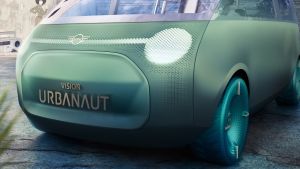
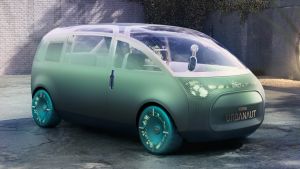
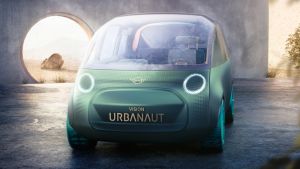
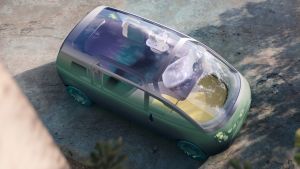
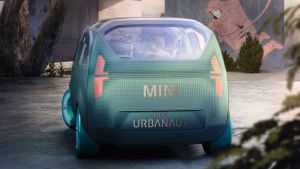
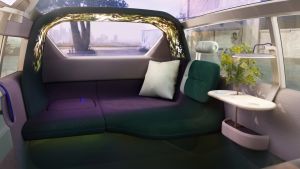
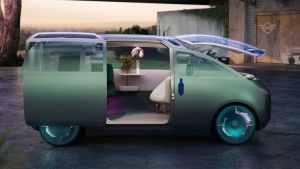
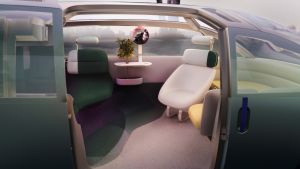
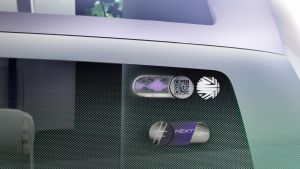
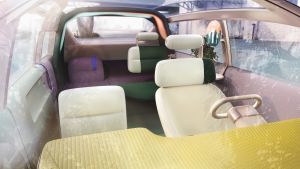
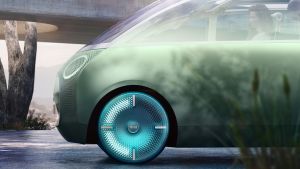
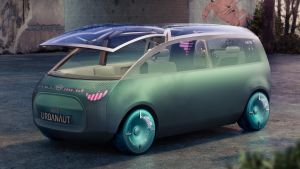
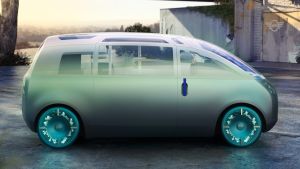
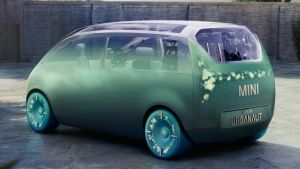
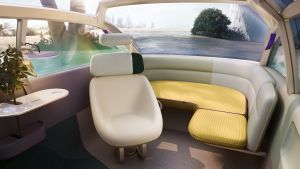
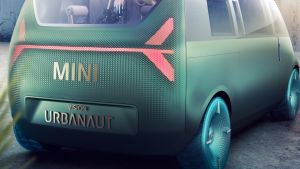
Comments
Post a Comment